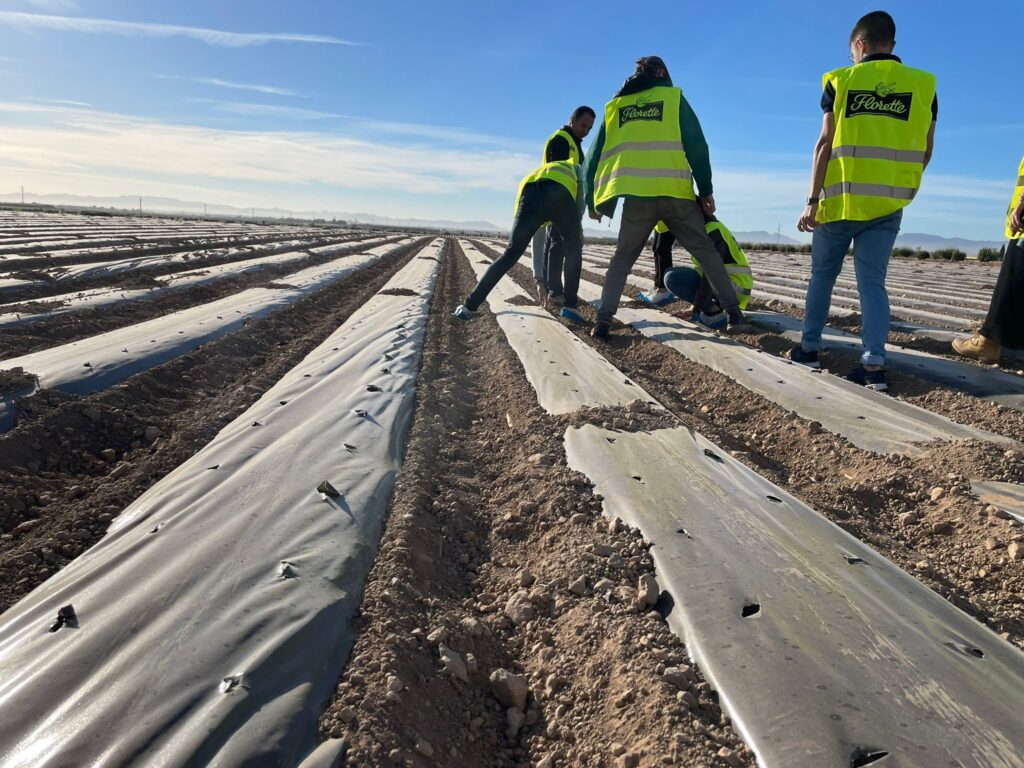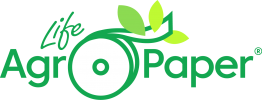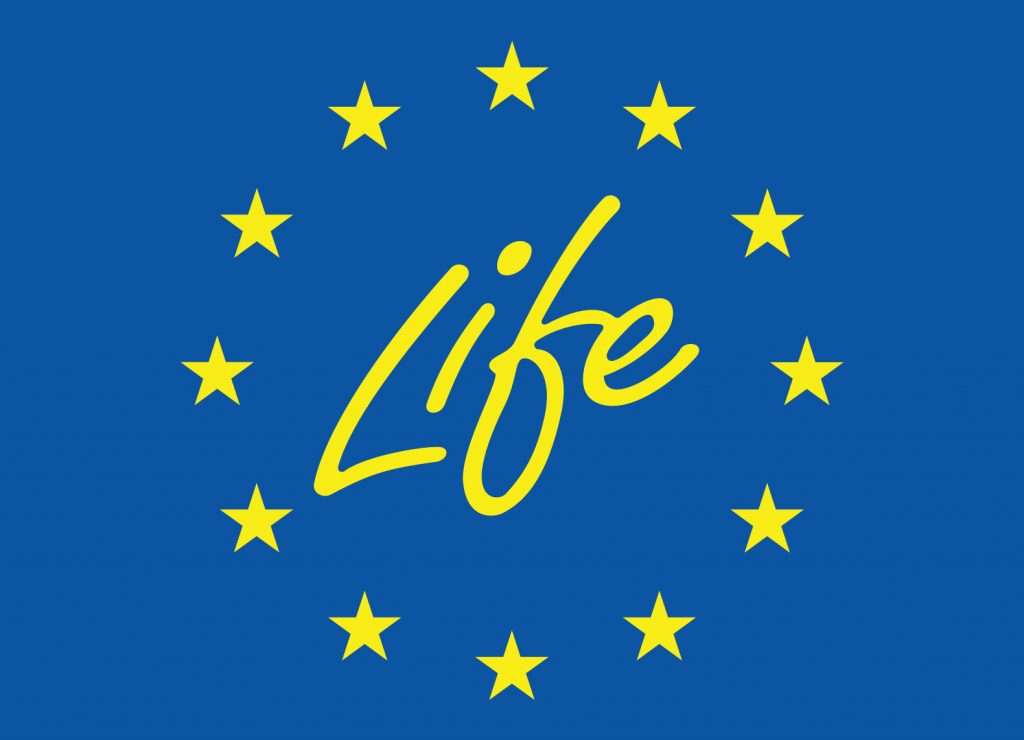AgroPaper® is more than paper mulch. It is sustainable. It is the alternative.
The results of LIFE AgroPaper® mark a turning point in the history of agriculture. Is a plastic-free agriculture possible? The driving forces behind the LIFE AgroPaper® consortium explain it to you:
Iñaki Urdaci (Marketing and New Products Manager of Smurfit Kappa): The coordination of the project has been essential for the performance of AgroPaper® and has allowed the modification of its manufacture for the correct development of the planned activities. The continuous feedback from farmers has been fundamental for its subsequent validation. We have also had fundamental scientific support to confirm the environmental benefits of AgroPaper®. This project has also contributed to raise awareness among all stakeholders about the importance of sustainable agriculture with zero impact on the environment. In this sense, public administrations are key to promote and assist farmers in the implementation of best practices to preserve the environment.
Hassen Merdassi (Florette project and development manager): Florette and Floreàle have always worked to improve their agricultural practices and have opted for sustainable agriculture. In this context and from our experience with the European LIFE AgroPaper® project, we have noticed that this mulch brings many improvements in terms of quality, crop yields and above all, a weed- control, mainly in summer. In conclusion, we believe it is a sustainable mulching solution. That is why we are asking the authorities to get involved with aid so that this alternative, which is so good for the environment, can help as many farmers as possible.
“AgroPaper® aims to help reduce the pollution of rivers, soils and the generation of plastic waste”.
Morgane Robert (head of agronomic development at Floreàle Holding): Because it is fully biodegradable and compostable we tested AgroPaper® in our lettuce fields in Spain and France, mainly to prevent the growth of weeds. From an operational point of view, we have succeeded in placing AgroPaper® in low rainfall climates or with drip irrigation. There are more and more tools and knowledge to match the two types of mulching.
“In horticultural crops, the use of AgroPaper® can be equivalent to avoiding the use of 1 to 3 litres of active material (herbicides) per hectare”.
Sergio Menéndez (coordinator of the AN Group’s Field Innovation Group): The results we have obtained have allowed us to verify that one of the advantages of AgroPaper® is that, once the crop is finished, it can be incorporated directly into the soil and avoid any contamination problems. It has also proved to be very effective in controlling the growth of certain weeds such as sedges, which conventional biofilms or plastics cannot control. Among the disadvantages, we have found that if irrigation is poorly managed, the AgroPaper® can decompose very quickly and not fulfil the desired functions. The rigidity of the paper also works against it, as it lacks elasticity compared to conventional plastic, which can make it difficult to lay.
“The data on CO2 reduction of AgroPaper® mulch confirms that this product is an alternative that improves soil quality, reduces waste treatment and favours the preservation of the environment”.

Sara Ondono (researcher at CEBAS-CSIC): AgroPaper® involves an exogenous carbon fixation in the soil because after harvesting the plant species tested we have incorporated the remains of AgroPaper® into the soil and therefore we are incorporating a source of exogenous carbon, a source of organic matter, as cellulose residue into the soil. We have also observed a beneficial effect on soil microorganisms and on the structural biodiversity of the native microbial populations and communities in the soil. Finally, we have also analysed the presence of microplastics in some of the study plots.
Aina Calafat (coordinator of the International and Advocacy area of the Spanish Society of Organic Agriculture and Agroecology – SEAE): Within the Life AgroPaper® project, at SEAE we have focused on verifying and validating that this 100% plant-based and biodegradable mulch meets the needs of farmers at field level; that it is compostable in natural conditions in the field itself; and that it also meets the major objectives set at global, State and European level in terms of reducing greenhouse gas emissions and the release of plastics into the environment and the soil. It also complies with the Voluntary Guidelines for Sustainable Soil Management established by the FAO and now in the future when the European Union approves the new regulation for biodegradable mulch, we will also demonstrate that it meets these objectives and would be usable in organic production.
AgroPaper® is a reality and an improvement on plastic alternatives.
Towards to zero plastic soil management agricultural practices -LIFE AgroPaper®- is financially supported by the LIFE programme of the European Union with the reference: LIFE 19 ENV/ES/000404) and the final purpose is to demonstrate that paper mulching is a sustainable solution for the environment, thus helping to preserve the planet.

